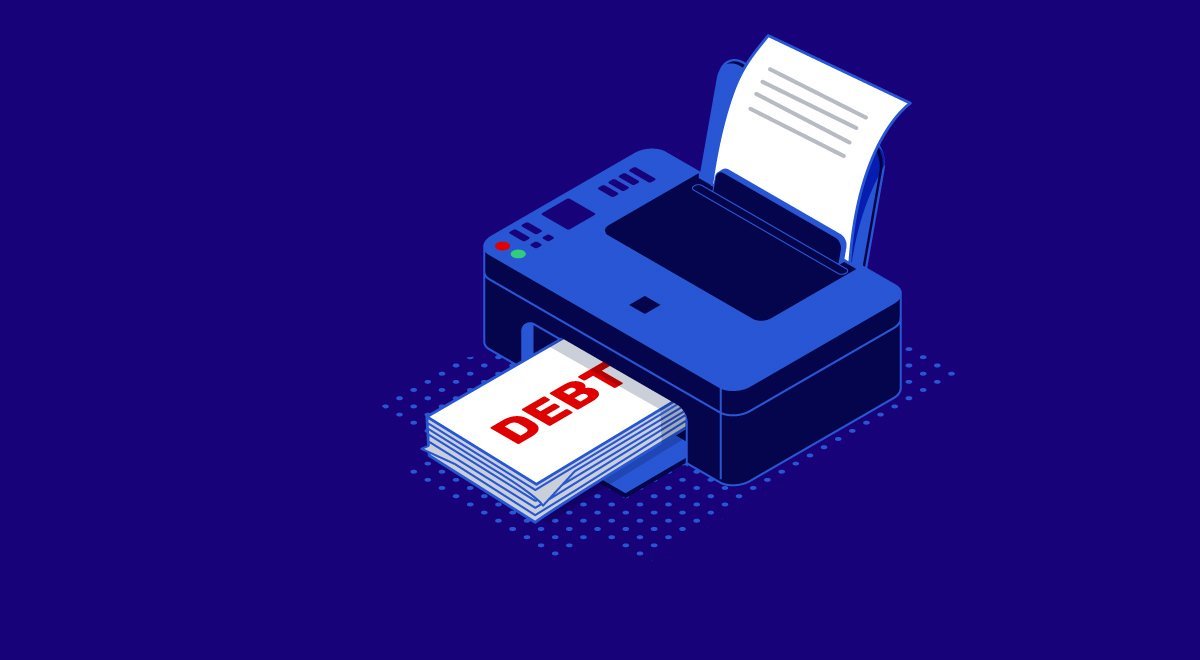If you’re struggling with the amount of debt you’re carrying right now, from car and personal loans to credit cards, then you’re in good company. Americans overall are mired in debt; in fact, American households are carrying $14.6 trillion in debt right now, with the average American buried under debts totaling over $90,000. Consumers seeking to achieve their financial goals and get their debts under control use many different methods to address them, including debt consolidation. While debt consolidation is a way to address all of a borrower’s credit cards, it can be an effective way to deal with automobile and personal loans as well. So, what does it mean to consolidate a loan?
What Is Debt Consolidation?
Debt consolidation is the practice of combining a consumer’s multiple outstanding debts into a single new loan, usually with a lower interest rate or longer repayment horizon (or both). This practice streamlines debt repayment and usually lowers the payments a borrower has to make each month, which makes the debt more manageable. Since this practice is a popular method that consumers use to tackle their debts, it’s not surprising that lenders increasingly offer loans designed specifically for debt consolidation. Additionally, balance transfer credit cards are another way borrowers can consolidate their outstanding credit card debts. Finally, the debt settlement services offered at National Debt Relief are a form of debt consolidation.
Debt Consolidation for Loans
While people commonly think of credit cards when it comes to debt consolidation, the truth is that you can use this process for dealing with other types of debts as well. For example, borrowers can use auto loan consolidation to combine two or more outstanding car loans. Consolidating car loan debt may make sense if the original interest rate or repayment time horizon is too difficult to manage. These types of loans may help you lower your interest rate and monthly payments and make it easier to improve your credit score. You may even be able to get some cash back out of the refinancing process.
You can also use debt consolidation to deal with other types of loans. For example, if you’re currently dealing with a high-interest personal loan, a title loan on a vehicle or other asset, or some type of payday loan, consolidating that debt into a new, low-interest personal loan may make good sense. Getting out of a situation where you’re paying unreasonably high interest rates and trying to manage high monthly payments is a great way to start tackling your debt levels. Additionally, eliminating the requirement to service multiple loan and credit card payments by combining them all into a new single loan can help make your overall debt more manageable. After all, it’s a lot easier to remember just one payment a month instead of several.
Challenges and Shortfalls of Debt Consolidation
While using debt consolidation to deal with your outstanding loans and credit cards can be a great tool, it won’t work for everyone. For example, if you have poor credit, it may not be possible to get a debt consolidation loan at an interest rate low enough to be worth your while. In some cases, you may not be able to get a new loan at all. Similarly, if your employment situation has recently changed and you’ve become underemployed and making less money or lost your job altogether, debt consolidation isn’t likely going to be a good option for you. Finally, if you continue to spend more money than you earn, then consolidating your debts into a new loan is not going to address the root cause of your problem.
Fortunately, if debt consolidation isn’t a great fit for you, there are other options to help you deal with debt. For example, credit counselors can help you figure out the best ways to organize all your debts and get your spending habits under control. In many cases, credit counseling from nonprofit organizations is low-cost or free altogether. The debt settlement services that National Debt Relief offers could be a good choice for you as well, especially if you don’t think you’ll ever be able to pay back the high levels of debt you’re currently carrying. Finally, in extreme financial situations, bankruptcy may be an option to address your debt situation.
Control Your Loans and Debts through Consolidation
What does it mean to consolidate a loan? Taking several existing personal loans, payday loans, and other debts and combining them into a single new loan can be a great way to make your overall debt levels more manageable and easier to pay off. Consolidating loans, especially those with high interest rates and short payment horizons, may be just what you need to get your financial house back in order. Talk to a trusted financial expert and see if debt consolidation is a good choice for you.





